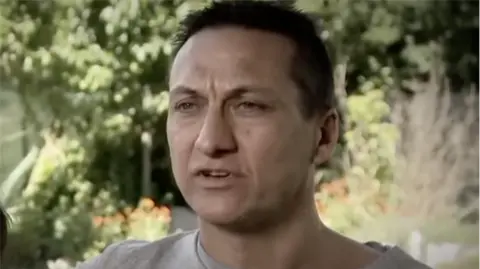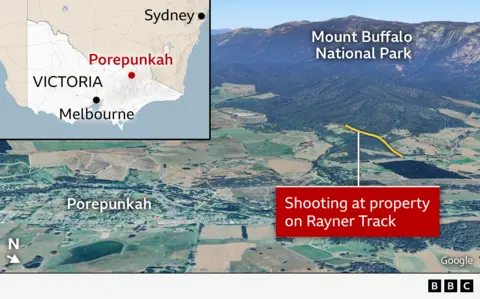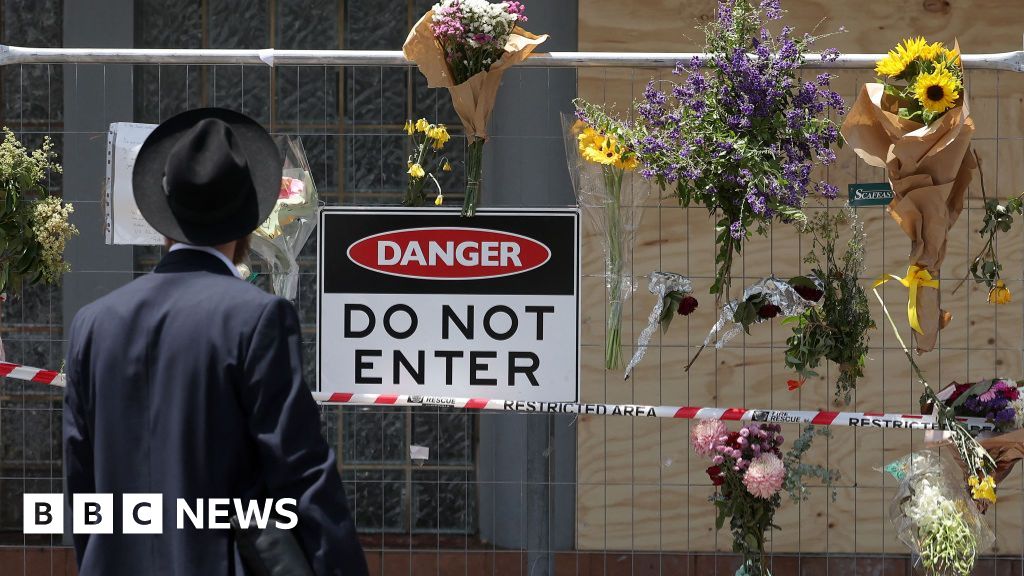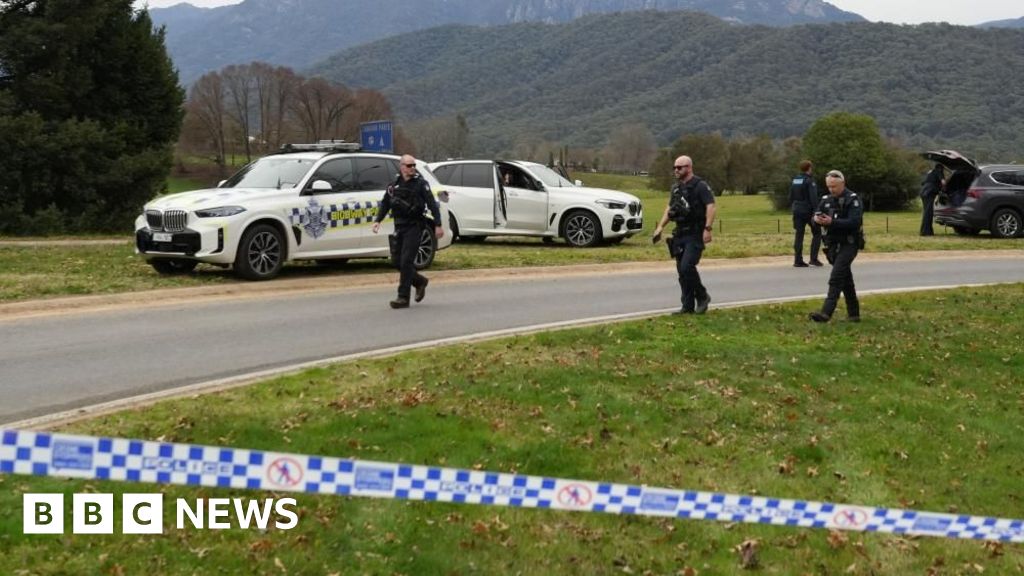A sunscreen scandal in Australia is continuing to grow, with 18 products now pulled from shelves in the skin cancer hotspot over safety concerns.
Analysis by a consumer advocacy group in June found several popular and expensive sunscreens did not provide the protection claimed by their makers.
One product, Ultra Violette's Lean Screen Skinscreen, is supposed to offer a skin protection factor (SPF) of 50+ but instead returned a result of SPF 4 and was voluntarily recalled in August.
An investigation by the medicines regulator has raised significant concerns about a testing laboratory and warned about 20 more sunscreens from other brands that share the same base formula.
The Therapeutic Goods Administration (TGA) indicated that preliminary testing showed this base formulation is unlikely to offer an SPF greater than 21, with some reportedly providing as low as SPF 4.
Of the 21 products identified, eight have been recalled or their manufacture halted. The sale of another ten is on hold, and two others are still under review, including one not sold in Australia.
Experts warn that the scandal may have international implications, as issues with manufacturing and testing standards come to light. Wild Child Laboratories, the manufacturer of the problematic base formula, has ceased production following the revelations.
Tom Curnow, head of Wild Child Laboratories, asserted that the TGA found no issues at their manufacturing facility and described the discrepancies as part of a wider industry problem.
The TGA is also looking into reviewing existing SPF testing requirements, acknowledging that some of these methods can be highly subjective. They expressed serious concerns regarding Princeton Consumer Research Corp (PCR Corp), the lab relied upon for SPF testing by many companies that produced sunscreens using the disputed formula.
Curnow indicated that Wild Child Laboratories has stopped working with PCR laboratories and is seeking independent testing for its products.
The TGA has communicated with all companies utilizing the problematic formulas to address concerns, and has reached out to PCR Corp, though no response has yet been received.


















